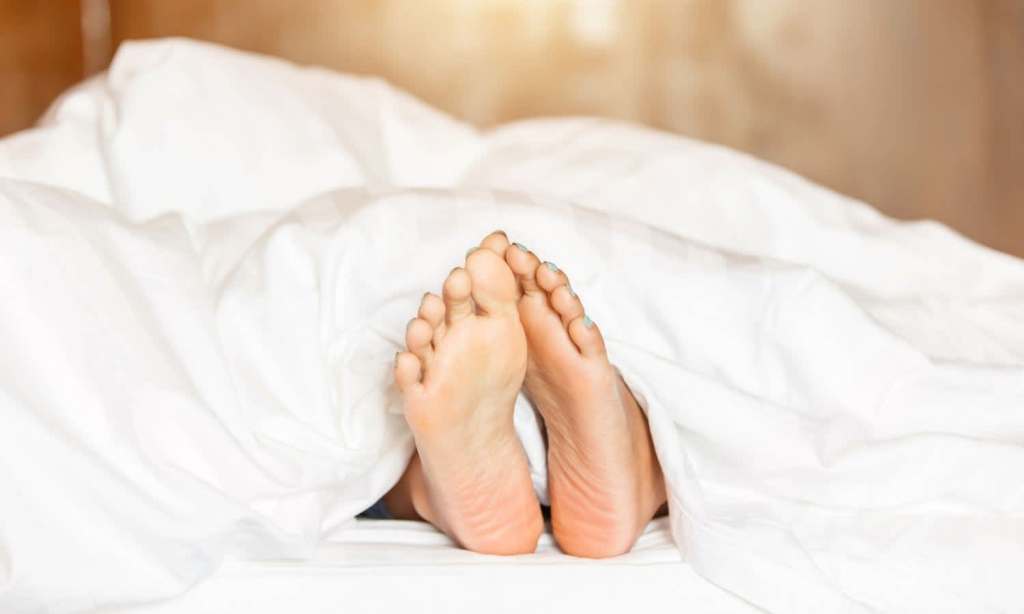For 9 in 10 Australians, it’s important to be covered at night, says a new survey conducted by Koala to celebrate the launch of its three new mattresses this month. The survey spoke to a diverse group of 1034 Australians. Interestingly, the survey also found that only 1 in 6 Australians sleep naked, a whopping 4 in 5 had a bedtime ritual and 1 in 3 said they struggled to fall asleep.
But back to sleeping covered. Nine out of 10 is a hefty chunk of the population. So why do nearly all of us need covers to sleep at night?
“Having a blanket on you creates a sense of comfort and safety, like having a hug,” says Dr Jill Forer, a womens’ health GP at Bondi Doctor.
She adds, however, that sleeping under the covers is a personal choice and that even the type of covers we use vary greatly. “It is well known that if your body temperature is too warm, it’s hard to fall asleep,” she says.
“Therefore, the thickness and type of fabric that you use in your blanket is really important in your thermo-regulation. The most common cause for people waking in the middle of the night is actually overheating, not necessarily being too cold. However, both of these can be a factor in poor sleep.”
So, where do weighted blankets fit into this? Dr Forer says they’ve been shown in research to have a beneficial effect on the quality of sleep and that the reason behind that is very scientific.
“The weighted blanket exerts a slight pressure to the body, which helps to modify the nervous system by increasing the parasympathetic nervous system output,” she says. “This then reduces your heart rate and slows down your breathing.”
If you’re not familiar with the different types of nervous systems, the parasympathetic nervous system is responsible for ‘rest and digest’ while the sympathetic nervous system handles ‘fight and flight’. The weight of the blanket works to reduce anxiety by decreasing your heart rate and slowing down your breathing, getting you out of ‘fight and flight’ mode and into ‘rest and digest’.
The decreased heart rate and slower breath then changes our thoughts and mental state and helps to induce self-regulation and calmness.
The end result? A good night’s sleep.
“Restful sleep is healing, both psychologically and physically,” says Dr Forer.
Read more stories from The Latch and subscribe to our email newsletter.







